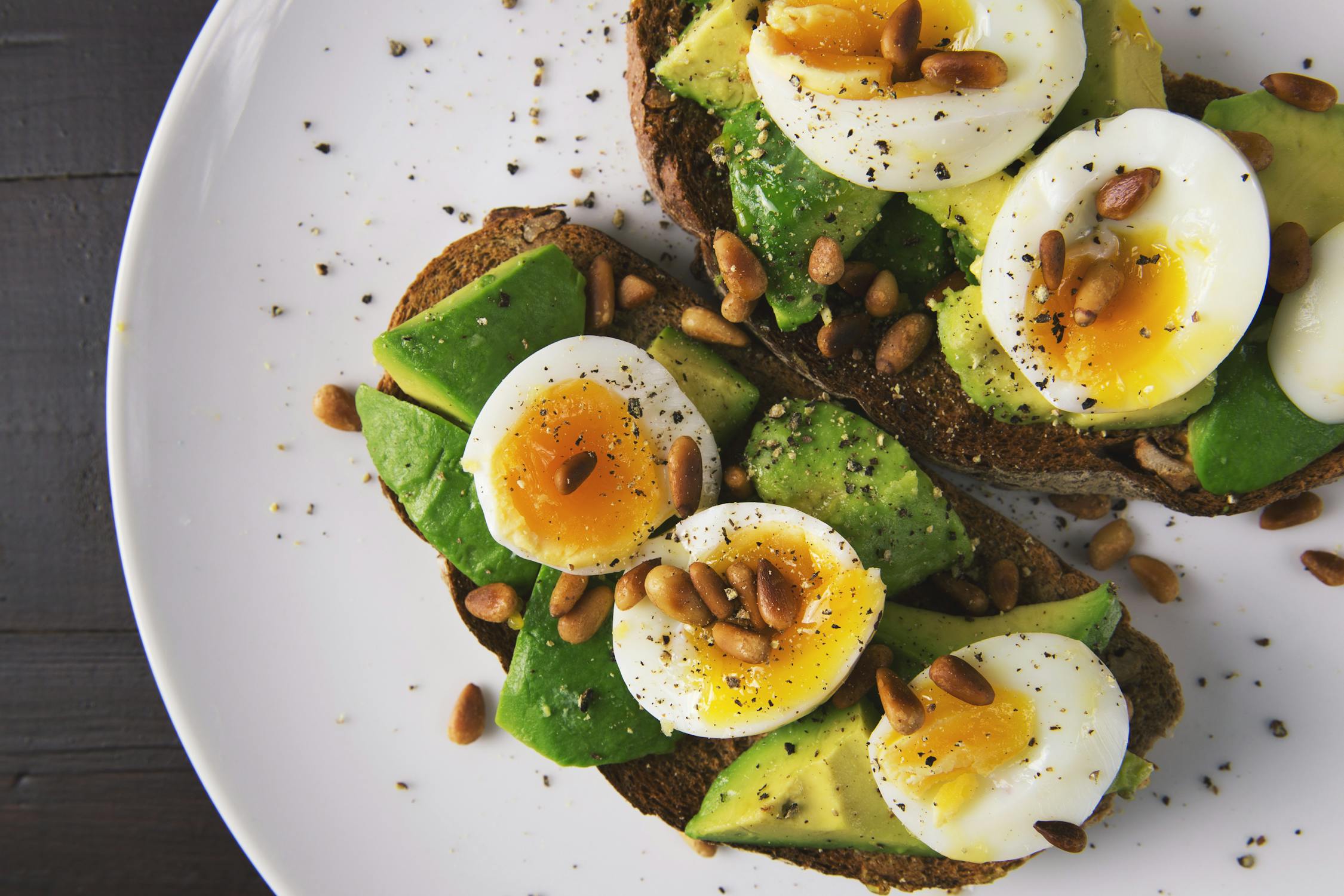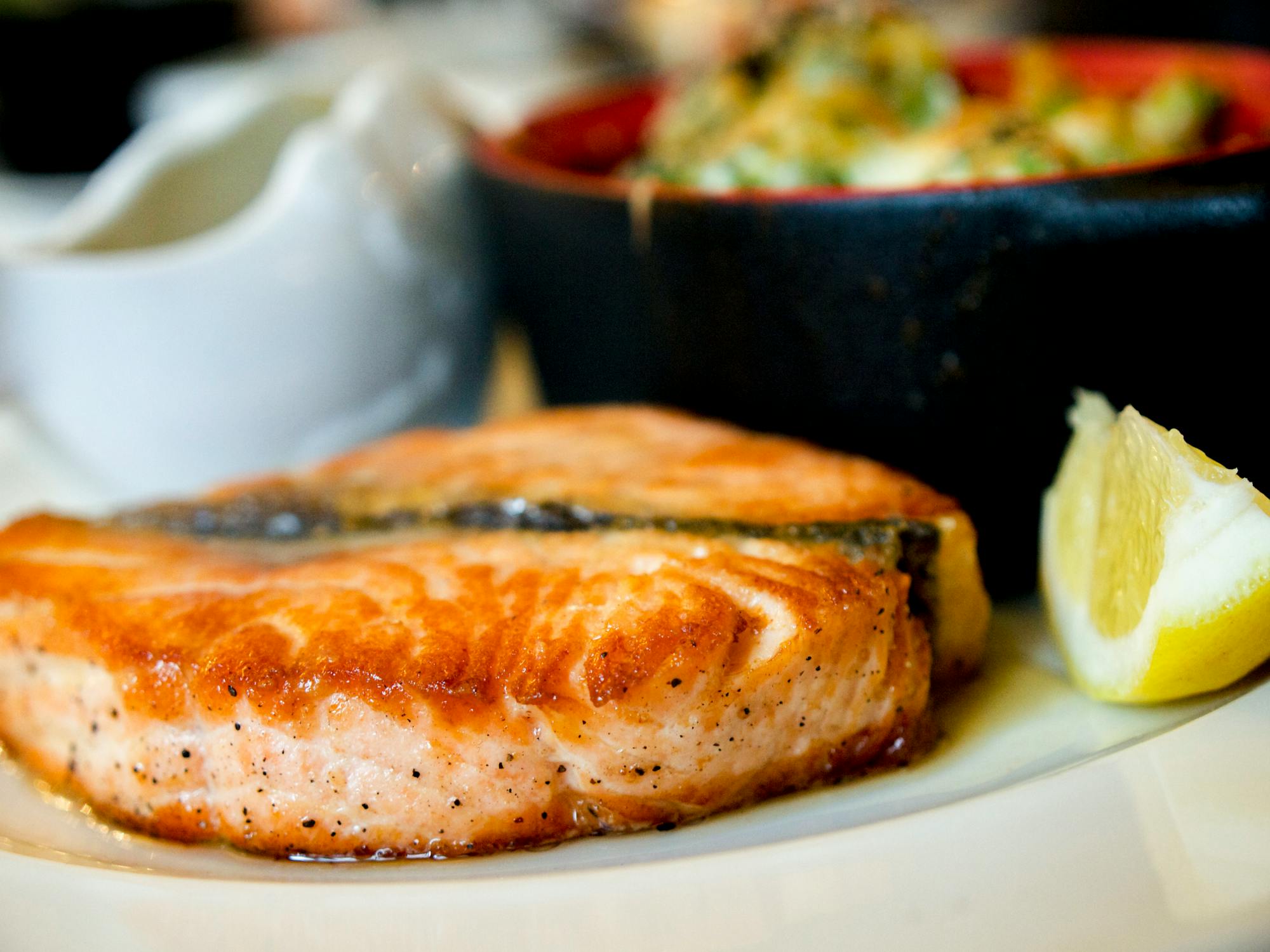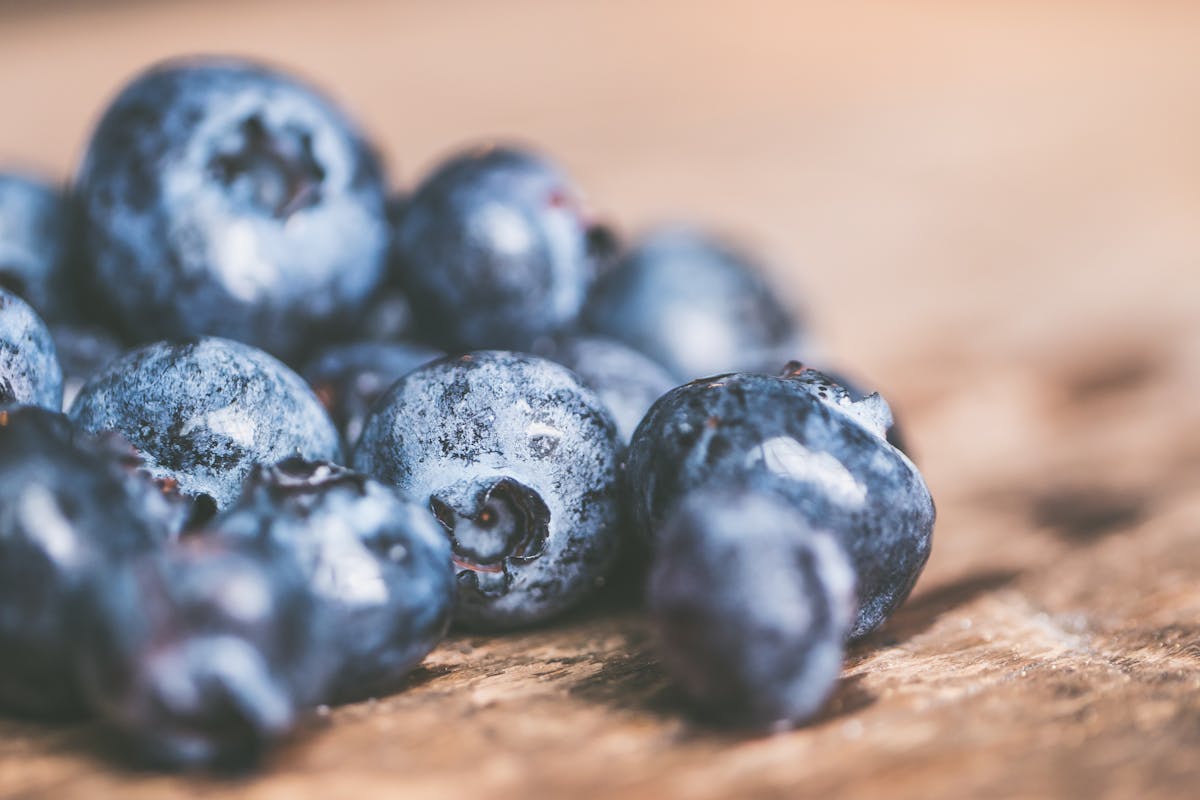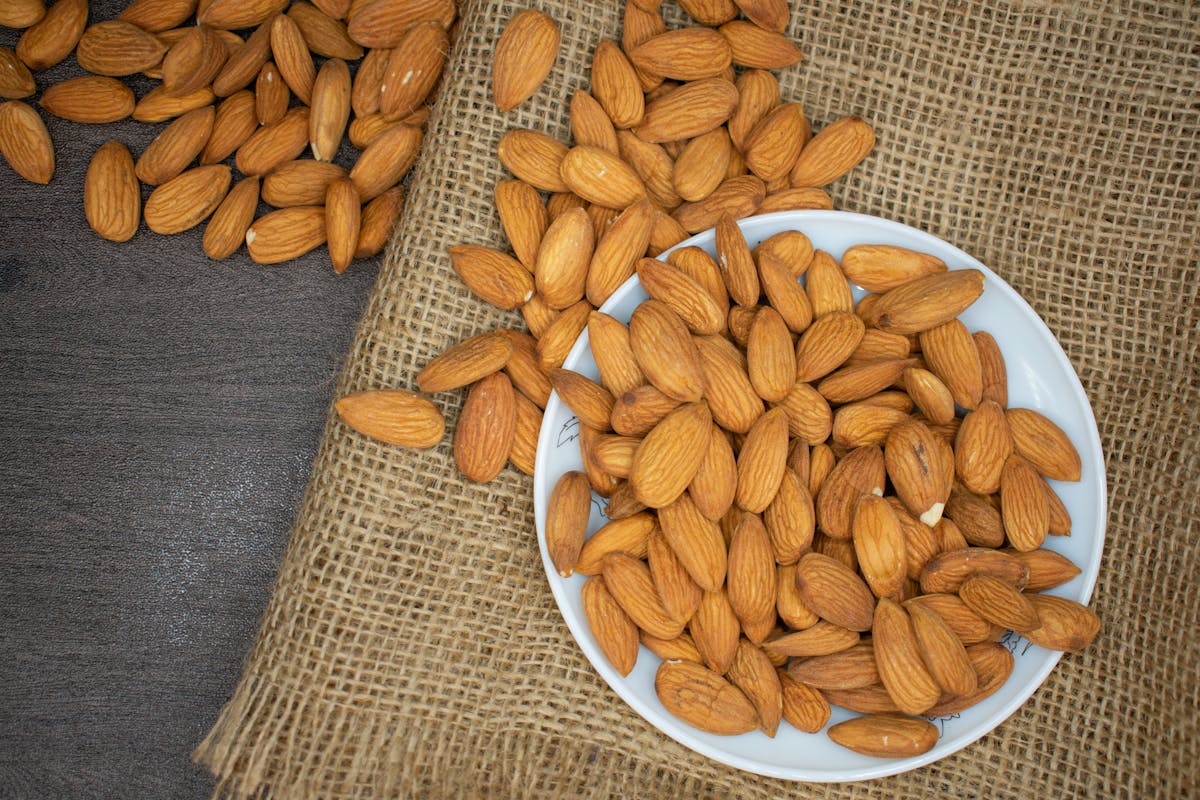Keeping your brain in peak condition and preventing memory loss requires more than mental exercises and social engagement—it starts with the food you eat every day. Nutrition plays a massive role in memory retention, focus, and overall cognitive health, especially as we get older. Certain foods contain powerful compounds that can protect brain cells, improve neuron communication, and reduce the risk of age-related cognitive decline. If you want to keep your mind sharp and maintain strong mental function well into old age, these nine foods should become regular staples in your diet.
1. Dark Chocolate: A Sweet Treat for Your Brain

If you needed another reason to enjoy dark chocolate, here it is—it’s great for your brain! Dark chocolate, especially varieties with at least 70% cocoa, delivers flavonoids, caffeine, and antioxidants, all of which enhance brain function. Flavonoids, in particular, boost memory, improve blood flow to the brain, and increase mental performance. Caffeine gives you a quick boost in alertness and concentration, while antioxidants help protect brain cells from damage caused by free radicals. Dark chocolate can also help improve mood by stimulating the production of endorphins and serotonin, the “feel-good” chemicals in the brain. However, since chocolate can be high in sugar, it’s best to stick to a few small squares per day rather than overindulging. Choosing high-quality dark chocolate with minimal added sugar ensures that you’re reaping the most benefits without unnecessary drawbacks.
2. Leafy Greens: A Daily Dose of Brainpower

Leafy greens like spinach, kale, collard greens, and Swiss chard are some of the most nutrient-dense foods you can eat, and they play a major role in maintaining cognitive function. Leafy greens deliver vitamin K, lutein, folate, and beta-carotene, all of which support brain health and slow cognitive decline. Vitamin K, in particular, enhances memory and boosts overall brain function. Eating just one serving of leafy greens per day helps keep your brain younger for longer, potentially delaying cognitive decline by years. Whether blended into a smoothie, tossed in a salad, or sautéed with garlic and olive oil, incorporating leafy greens into your meals is an easy and delicious way to keep your mind sharp.
3. Eggs: The Memory-Boosting Breakfast

People often call eggs nature’s multivitamin because they deliver essential nutrients, including choline, which plays a crucial role in memory and learning. The body uses choline to produce acetylcholine, a neurotransmitter that regulates mood and cognitive function. Since many people don’t consume enough choline, eating eggs provides an easy way to support brain health. Eggs also supply B vitamins like B6, B12, and folate, which help lower homocysteine levels in the blood—reducing the risk of cognitive decline and Alzheimer’s. Enjoying eggs in the morning, whether scrambled, poached, or hard-boiled, can give your brain a great start to the day and help you avoid memory loss.
Read More: Common Breakfast Food May Lower Alzheimer’s Risk, New Study Finds
4. Turmeric: The Golden Spice for Mental Clarity

“For centuries, people have relied on turmeric in traditional medicine, and modern research confirms its brain-boosting power. Its active compound, curcumin, fights inflammation and oxidation, protecting brain cells from damage while supporting cognitive function. Curcumin also boosts brain-derived neurotrophic factor (BDNF), a protein that stimulates new neuron growth and may help prevent age-related brain decline. You can easily strengthen your brain health by adding turmeric to your diet through curries, soups, or even golden milk lattes.
5. Green Tea: A Natural Brain Energizer

Green tea delivers brain-boosting compounds like caffeine, antioxidants, and L-theanine, an amino acid that relaxes the body while sharpening alertness. The combination of these ingredients helps improve focus, memory, and mental clarity without the jitters often associated with coffee. Green tea’s antioxidants also help protect brain cells from aging and damage, reducing the risk of neurodegenerative diseases like Parkinson’s and Alzheimer’s. Drinking a cup or two daily is a simple way to give your brain the nourishment it needs while staying hydrated.
6. Whole Grains: Sustained Energy for Sharp Thinking

Whole grains like brown rice, quinoa, and oats provide a steady release of glucose, which the brain relies on for energy. Unlike refined carbs, which can cause blood sugar spikes and crashes, whole grains offer a more stable energy source, keeping you focused and alert throughout the day. They are also rich in B vitamins, which are essential for brain function and neurotransmitter production. Making the switch to whole grains instead of processed options is an easy and effective way to support cognitive health.
Read More: 8 Superfoods to Help Control Diabetes and Pre-diabetes
7. Fatty Fish: The Brain’s Best Friend

Fatty fish like salmon, mackerel, sardines, and trout are some of the best foods you can eat for brain health, thanks to their high levels of omega-3 fatty acids. These essential fats help build brain cell membranes, improve neuron function, and reduce inflammation that can contribute to cognitive decline. Studies suggest that people who consume more omega-3s have better memory retention and a lower risk of Alzheimer’s disease. DHA, a specific type of omega-3 found in fish, is particularly important for maintaining brain structure and function. In addition to its cognitive benefits, omega-3s can help stabilize mood and may even reduce symptoms of depression and anxiety. If you’re not a fan of fish, you can still get omega-3s from plant-based sources like flaxseeds, walnuts, and chia seeds, though they don’t provide the same potency as marine-based sources. Aim to eat at least two servings of fatty fish per week to give your brain the nourishment it needs.
8. Blueberries: Tiny But Mighty

Blueberries may be small, but they pack a huge punch when it comes to brain health. Blueberries naturally boost brain health by delivering antioxidants like anthocyanins, which reduce oxidative stress and inflammation in the brain! Oxidative stress is a major contributor to cognitive decline and can damage brain cells over time. Studies suggest that eating blueberries regularly can improve memory, enhance communication between brain cells, and even delay short-term memory loss. One of the reasons blueberries are so effective is their ability to boost blood flow to the brain, which keeps neurons well-nourished and functioning at their best. Whether you eat them fresh, frozen, or blended into a smoothie, adding blueberries to your diet is a delicious and easy way to protect your cognitive function. Other berries, such as strawberries and blackberries, also contain beneficial compounds that support brain health, so mixing a variety of berries into your meals is an excellent strategy.
9. Nuts: A Crunchy Brain Booster

Nuts are one of the best brain-boosting snacks you can grab, thanks to their high content of healthy fats, antioxidants, and vitamin E. Walnuts are particularly powerful because they contain high amounts of DHA, an omega-3 fatty acid that supports brain development and reduces oxidative stress. Other nuts, like almonds and hazelnuts, are rich in brain-friendly nutrients, including magnesium and zinc, which help with nerve function and cognitive processing. The combination of these nutrients makes nuts an excellent choice for improving focus, memory, and mental clarity. Eating a small handful of nuts each day—whether sprinkled over oatmeal, added to a salad, or enjoyed as a snack—can make a big difference in your long-term brain health. Just be mindful of portion sizes, as nuts are calorie-dense, and opt for raw or lightly salted varieties to maximize their health benefits.
Eat Smart for a Healthier Brain

Your brain deserves the best fuel possible, and the foods you eat today can shape how well it functions in the years to come. By regularly incorporating these nutrient-dense foods into your diet, you can improve memory, boost focus, and reduce the risk of cognitive decline. Prioritizing brain health through nutrition is one of the simplest and most effective ways to stay sharp, energized, and mentally strong as you age.

